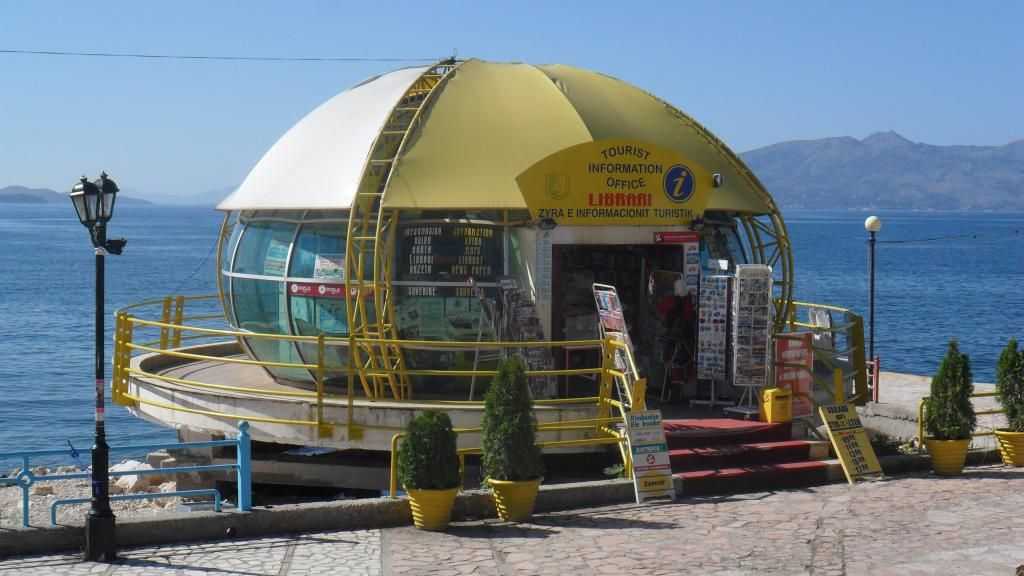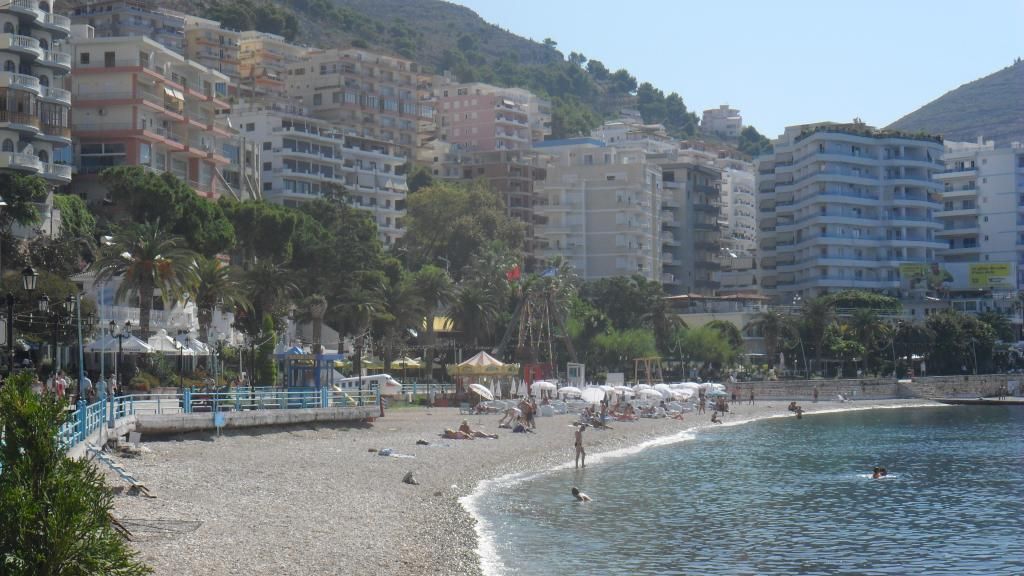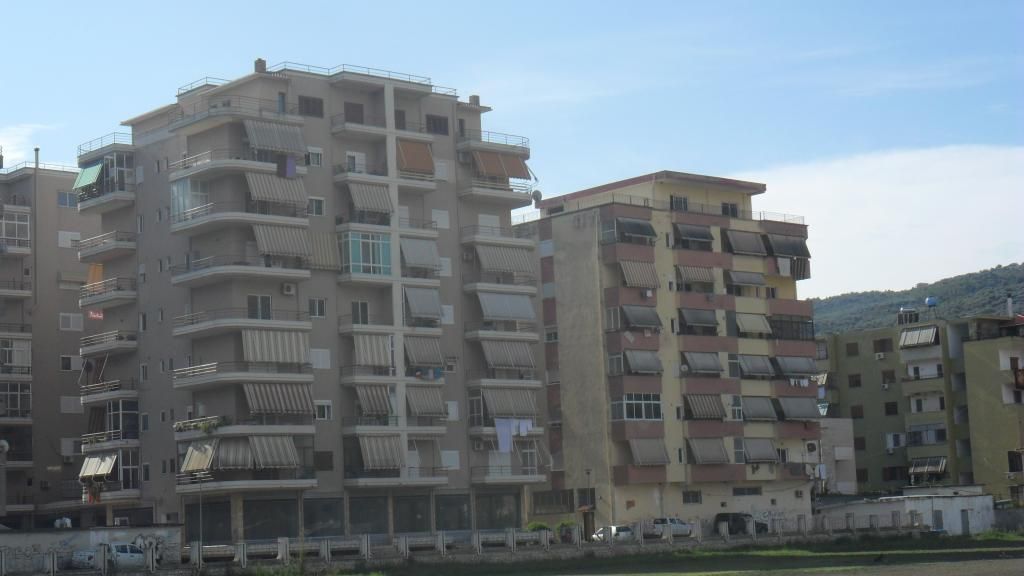TALKING TO PEOPLE
I am very very careful never to say anything which can be possibly misconstrued in any way not intended - especially in a sexual way. I stick to things which are basic and truthful such as "I am very grateful for the hospitality you have shown me" as opposed to doing something which could be seen as 'making a pass' at someone. There are a surprising number of sleazy 'sex tourists' and I never want to have anyone think there is a chance of having me grouped in with them.
When people walk in and find me hanging out with their young attractive daughters, for example, I want them excited the kids are getting a free English lesson and that's about it.
Even talking about specific members of a man's family can be seen as 'too invasive' so I keep that area real general and just say "I hope you and your family are happy and healthy" type of thing. There is nothing that has more pitfalls than dealing with females (for a man) while traveling. "Your wife is very kind/generous/a good cook" is safe. "You have a pretty wife." is much less safe. Combine in with that people's less than perfect understanding of English...
CULTURE CONTRAST
In the USA, they have some holdovers from the Puritanical view which has been with us arguably since the beginning of the country.
In many stores the cashiers are under the legal age limit to consume alcohol. When someone attempts to purchase it, they must call over a more elderly person to ring it through. After the interminable wait the twenty one year or older person comes to the register, laboriously scans and types in a code to validate their identity. They then scan the alcohol, place it in the bagging area, log off and depart. There seems to be no issue with the junior person placing the alcohol into the bag.
Is this so no person may say "Some kid sold me booze?" Why then is it acceptable for the same kid to bag your booze?
Moments ago, my purchases were run up - including a bottle of alcohol - by an eleven year old girl. Without batting an eye.
While many people in the USA immediately jump up and down about 'child labor', they are applying their cultural values on to another. A dangerous and irresponsible thing. Admittedly, I do not care enough to closely question the people in the store closely on this, but it is probably a family business which the girl will end up inheriting at some point.
Does that make it right or perhaps less wrong? Unlike many who have never left their own shores for any extended period of time but are quick to make judgement upon others, I simply shrug and say "that's how it is here".
Nobody forces the kids to work with hot tongs and they get to spend their money as they wish. Better than the hellish paper route I had.
Two differences, the handling of alcohol and children working. Fascinating.
PLANNING AHEAD
A major cost of any trip is the lodging. Scrutinizing the cost of the lodging ahead of time helps avoid unpleasant surprises. Like discovering you have failed to pack your sex toys.
Steps to researching a different country:
1. Go to wikitravel. Find all of the actual listings. If a town is listed but not detailed, there isn't a lot there that will interest tourists. Also, check on the section 'sleep'. You don't want to get stuck in a town that has one expensive hotel - and nothing to see.
2. Sadly, the prices on wikitravel are often woefully outdated or imaginative. In some countries (Egypt comes to mind) the people running the hotel get on and type a lot of fiction. Many of the hotels and hostels have no prices listed. Understand that when a tourist types 'quite an experience!' this can go either way. Some people use subtle put downs and turns of phrase within their description to get around the locals changing a true description into fantasy.
3. Check out hostelbookers and hostelworld. Keep in mind the only places listed on these are by people who are somewhat computer savvy. Note that if the city you are looking for is not on either, it is well off the tourist trail. While some people may find these sort of places interesting, generally I haven't and I've seen plenty. Places with under fifty or a hundred ratings are generally best seen as 'unrated' or 'rated by friends and family of the owners'. Generally, I read the negative ratings and ignore the positive ones. Keep in mind that a lot of travelers are pretty picky over stupid stuff but if you get several saying there was no hot water you know what to expect. Generally, if you are not a very experienced or hardened traveler, any place with a rating of under 80% on the sites mentioned above should set off warning bells.
4. Make a hand sketched map of all the places in which it is affordable to stay as well as which places have some special interest to visit.
5. Figure out which outlying places you don't want to go see. While in 'westernized countries' 100km may not be much, if you are stuffed into a microbus which stops every 50m to take on or disgorge passengers from a metal box with no air conditioning and the smell of fresh baby shit in the air, it may seem like some new form of torture. Note that in westernized countries, the buses are almost always luxurious and comfortable. I don't typically live in these countries.
6. Getting out. For some people this is 'flying home'. For me, it is 'how do I leave this country to go to the next country'. Within the country, you may need to make a loop back to the capital where the airport is or head to some town with a port.
Different steps will work for different people. For example, some will start with all of the sites they want to see then attempt to construct a route between them. Hopefully, this brief guide will help illustrate how I research how I determine my stay in a country.
Note that the research often falls apart once I get there. Other tourists and locals may inform me of new things and this changes my plans radically. People on brief vacations normally don't have the time for radical change hence more planning is advised.
I am very very careful never to say anything which can be possibly misconstrued in any way not intended - especially in a sexual way. I stick to things which are basic and truthful such as "I am very grateful for the hospitality you have shown me" as opposed to doing something which could be seen as 'making a pass' at someone. There are a surprising number of sleazy 'sex tourists' and I never want to have anyone think there is a chance of having me grouped in with them.
When people walk in and find me hanging out with their young attractive daughters, for example, I want them excited the kids are getting a free English lesson and that's about it.
Even talking about specific members of a man's family can be seen as 'too invasive' so I keep that area real general and just say "I hope you and your family are happy and healthy" type of thing. There is nothing that has more pitfalls than dealing with females (for a man) while traveling. "Your wife is very kind/generous/a good cook" is safe. "You have a pretty wife." is much less safe. Combine in with that people's less than perfect understanding of English...
CULTURE CONTRAST
In the USA, they have some holdovers from the Puritanical view which has been with us arguably since the beginning of the country.
In many stores the cashiers are under the legal age limit to consume alcohol. When someone attempts to purchase it, they must call over a more elderly person to ring it through. After the interminable wait the twenty one year or older person comes to the register, laboriously scans and types in a code to validate their identity. They then scan the alcohol, place it in the bagging area, log off and depart. There seems to be no issue with the junior person placing the alcohol into the bag.
Is this so no person may say "Some kid sold me booze?" Why then is it acceptable for the same kid to bag your booze?
Moments ago, my purchases were run up - including a bottle of alcohol - by an eleven year old girl. Without batting an eye.
While many people in the USA immediately jump up and down about 'child labor', they are applying their cultural values on to another. A dangerous and irresponsible thing. Admittedly, I do not care enough to closely question the people in the store closely on this, but it is probably a family business which the girl will end up inheriting at some point.
Does that make it right or perhaps less wrong? Unlike many who have never left their own shores for any extended period of time but are quick to make judgement upon others, I simply shrug and say "that's how it is here".
Nobody forces the kids to work with hot tongs and they get to spend their money as they wish. Better than the hellish paper route I had.
Two differences, the handling of alcohol and children working. Fascinating.
PLANNING AHEAD
A major cost of any trip is the lodging. Scrutinizing the cost of the lodging ahead of time helps avoid unpleasant surprises. Like discovering you have failed to pack your sex toys.
Steps to researching a different country:
1. Go to wikitravel. Find all of the actual listings. If a town is listed but not detailed, there isn't a lot there that will interest tourists. Also, check on the section 'sleep'. You don't want to get stuck in a town that has one expensive hotel - and nothing to see.
2. Sadly, the prices on wikitravel are often woefully outdated or imaginative. In some countries (Egypt comes to mind) the people running the hotel get on and type a lot of fiction. Many of the hotels and hostels have no prices listed. Understand that when a tourist types 'quite an experience!' this can go either way. Some people use subtle put downs and turns of phrase within their description to get around the locals changing a true description into fantasy.
3. Check out hostelbookers and hostelworld. Keep in mind the only places listed on these are by people who are somewhat computer savvy. Note that if the city you are looking for is not on either, it is well off the tourist trail. While some people may find these sort of places interesting, generally I haven't and I've seen plenty. Places with under fifty or a hundred ratings are generally best seen as 'unrated' or 'rated by friends and family of the owners'. Generally, I read the negative ratings and ignore the positive ones. Keep in mind that a lot of travelers are pretty picky over stupid stuff but if you get several saying there was no hot water you know what to expect. Generally, if you are not a very experienced or hardened traveler, any place with a rating of under 80% on the sites mentioned above should set off warning bells.
4. Make a hand sketched map of all the places in which it is affordable to stay as well as which places have some special interest to visit.
5. Figure out which outlying places you don't want to go see. While in 'westernized countries' 100km may not be much, if you are stuffed into a microbus which stops every 50m to take on or disgorge passengers from a metal box with no air conditioning and the smell of fresh baby shit in the air, it may seem like some new form of torture. Note that in westernized countries, the buses are almost always luxurious and comfortable. I don't typically live in these countries.
6. Getting out. For some people this is 'flying home'. For me, it is 'how do I leave this country to go to the next country'. Within the country, you may need to make a loop back to the capital where the airport is or head to some town with a port.
Different steps will work for different people. For example, some will start with all of the sites they want to see then attempt to construct a route between them. Hopefully, this brief guide will help illustrate how I research how I determine my stay in a country.
Note that the research often falls apart once I get there. Other tourists and locals may inform me of new things and this changes my plans radically. People on brief vacations normally don't have the time for radical change hence more planning is advised.









.jpg)